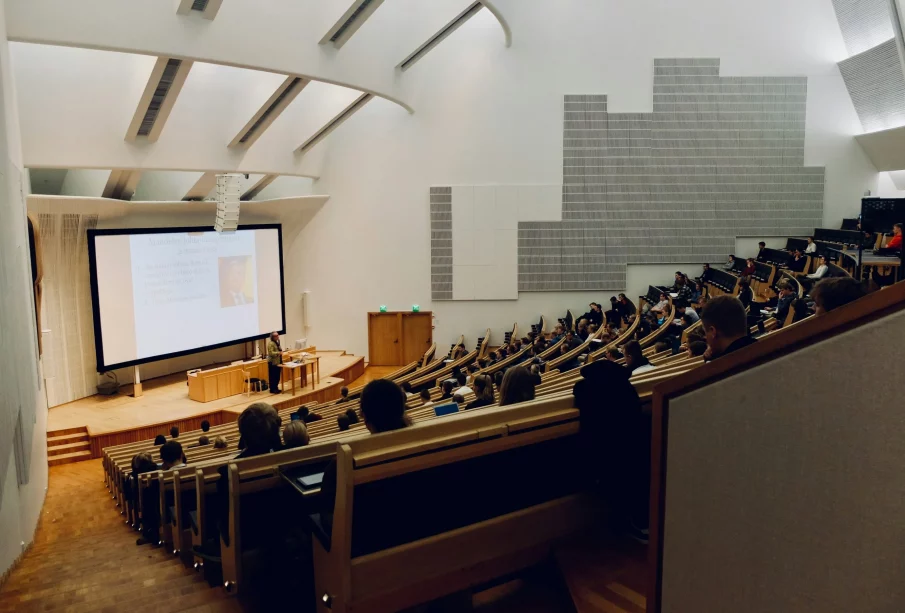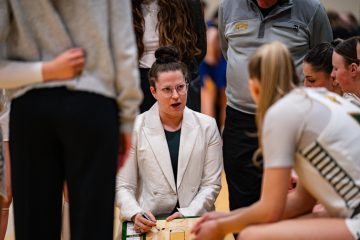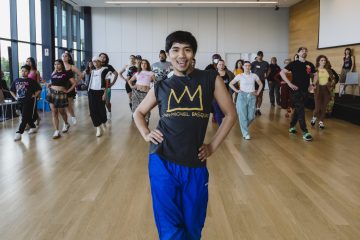UofR professors are reshaping curriculum via Indigenous worldviews
Professors at the University of Regina (UofR) are consistently rewriting what education in a university classroom can look like. Across departments, instructors are recasting the curriculum to center Indigenous worldviews by using storytelling and Indigenous knowledge as core tools. The result is courses that ask students to listen differently, reckon with history, and practice reciprocity.
Instructors incorporate Indigenous knowledge and teaching methods
“In many ways, teaching is facilitating,” says Dr. Brenda Anderson, associate professor at Luther College, who has built courses around Indigenous storytelling and trauma awareness approaches that draw attention to subjects like the Missing and Murdered Indigenous Women (MMIW) movement. Anderson explains that story centered learning develops relational skills, listening, witnessing, and acting. Anderson also emphasized that instructors must create space for Indigenous voices rather than speak on behalf of them.
Raiha Shareef, a Luther College graduate who took Anderson’s class on global femicide and MMIW, says that this approach allowed difficult material to be studied with nuanced emotional care. The course’s trauma informed framing and emphasis on Indigenous authors help students avoid simplistic victim narratives and instead engage with Indigenous women’s agency and resilience. Shareef plans to carry the lessons learned forward in her human rights work.
A similar approach can be seen in other corners of the campus. In her film classes, professor Sheila Petty foregrounds Indigenous filmmakers and insists that students complete reconciliation training before they begin community projects. In her classes, she invokes the ethic that if you take a story and film it, you must give it back; a teaching which is often echoed by knowledge holders. This idea helps her shape classroom assignments in a way that honours Indigenous stories and returns value to the community.
In my film classes, it is a major goal of mine to expose students to as many Indigenous examples as possible. — Dr. Sheila Petty, Professor in the Department of Film
Additionally, communication and Indigenous media courses such as Indigenous multimedia storytelling (INCA 291AB) teach students to use audio, visual, and digital platforms with Indigenous formats that honors traditional teachings. Students described this experience as transformative.
Professor Jill Arnott teaches the Indigenous Feminisms course offered by the women and gender studies department at the UofR. In this course, Indigenous storytelling is used as both the content and the method of teaching. Students are invited to engage with Indigenous women’s narratives as vital sources of knowledge instead of supplementary texts. The course teaches how colonialism, gender, and identity are experienced in everyday life by using historical texts, literary works, and lived testimonies. Arnott creates a classroom where Indigenous stories are respected, and their knowledge is valued.
Classrooms foster learning by reciprocity
Faculty members also critically emphasize reciprocity over extraction. Courses structured around storytelling require students to consider how their study benefits the communities who share their knowledge and to follow protocols for attribution.
Objects like Wayne Goodwill’s Buffalo Winter Count Robe that visually narrates Indigenous histories from precontact to the present, have become essential classroom tools. Thy help convey the history and the subsequent responsibility in ways textbooks cannot. Bringing these resources into teaching echo that message that Indigenous knowledge systems are not supplementary but instead are alternate ways of learning that reframe how students understand academia.
University of Regina continues to weave commemoration into action, ensuring Indigenous voices are not only remembered but centered in education and academia. – Zinia Jaswal
Trainings facilitate classroom Indigenization
Working towards an Indigenous curriculum is as much a logistic work as it is educational. Josephine Forest, a curriculum developer with the Centre for Teaching and Learning (CTL) coaches faculty on Indigenous framework, land-based learning, and research methods that respect Indigenous stories while ensuring academic rigor and ethical engagement. Anna-Leah King, Chair of Indigenization, UofR, has pushed for structural changes so that Indigenous stories are taught in courses as well.
Knowledge keepers are central
Knowledge keepers are central to this effort. The UofR hosts Elders like Dr. Edler Lorna Standingready at Luther College and Knowledge Keepers like Preston Littletent at the ta-tawâw centre. Students can engage with and learn from the Elders and Knowledge Keepers on campus.
Templates to drive Indigenous engagement
The UofR has also continued its work on the Indigenous Engagement Strategic Plan. A curricular change that is creative, institutionally supported, and accountable to Indigenous history is critical for decolonizing academia and assisting in reclaiming the narratives that have been taken over for much too long.
For students and faculty, these classrooms become a place to not just learn the history but to graduate with a sense of stewardship.
As Canada observes the National Day for Truth and Reconciliation on Sept. 30 for the fourth time this year, classrooms and courses at University of Regina continues to weave commemoration into action, ensuring Indigenous voices are not only remembered but centered in education and academia.







